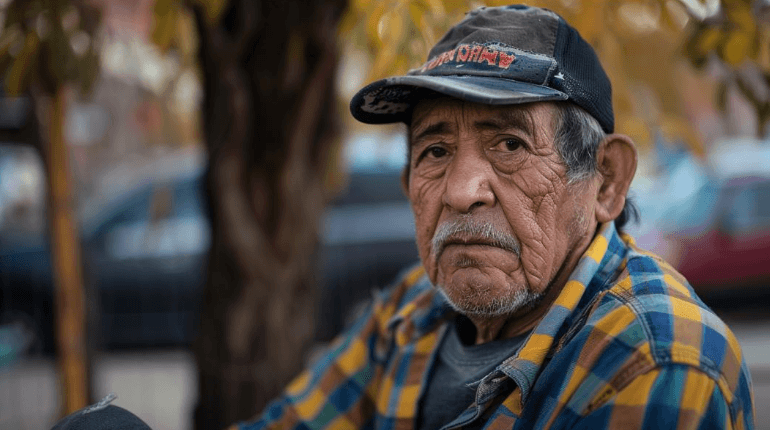Most asylum seekers APA helps are recent arrivals to the US. Occasionally, however, long-term US residents apply for asylum to avoid deportation. Like anyone else, to qualify, they must show past persecution or a “well-founded fear” of persecution based on one of five protected grounds.
“Ramon” had lived in the US as a legal permanent resident since childhood. As a young adult, he began to suffer the effects of schizophrenia, which eventually became so severe that the Social Security Administration declared him completely disabled. In 2013, decades after he immigrated to the U.S. with his mother, he was placed in removal proceedings based on two shoplifting convictions he received many years before, when he had been acting under the influence of hallucinatory voices. An attorney at the Florence Immigrant and Refugee Rights project, and later, an attorney at a University of Arizona law clinic, had tried to establish that Ramon had actually derived U.S. citizenship through his deceased US citizen father – but the claim required exhumation of the body and DNA testing which he and his family could not afford.
In 2017, attorney Rachel Wilson argued in immigration court that Ramon’s convictions did not make him deportable. She also argued that if they did, he should be granted asylum based on the possibility of persecution in Mexico due to his status as a person disabled by severe mental illness and the likelihood that he would be institutionalized under conditions tantamount to torture. After the immigration judge rejected Rachel’s arguments, APA funded $2000 of the $4,500 appeal to the Board of Immigration Appeals (BIA). The BIA agreed that the government had not established deportability and sent the case back for a further determination of deportability based on any additional charges DHS might lodge and/or on the issue of asylum or related relief.
In January of 2023, the judge, with DHS’s agreement, terminated the case. Rachel then helped Ramon file for naturalization (to transition from permanent resident to U.S. citizen). In April of 2024. Ramon became a US citizen. He is now assured of being able to stay with his loved ones in this country, and getting the care he needs to remain safe.



